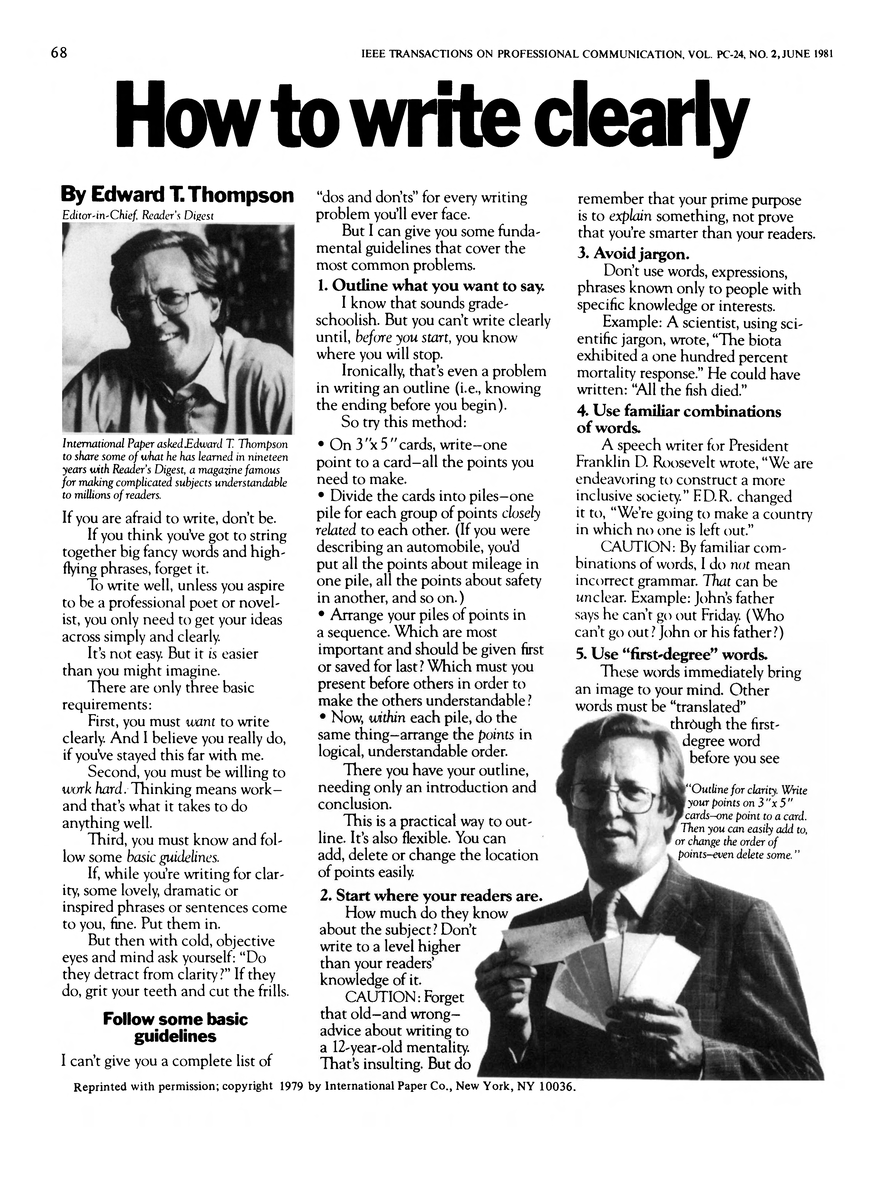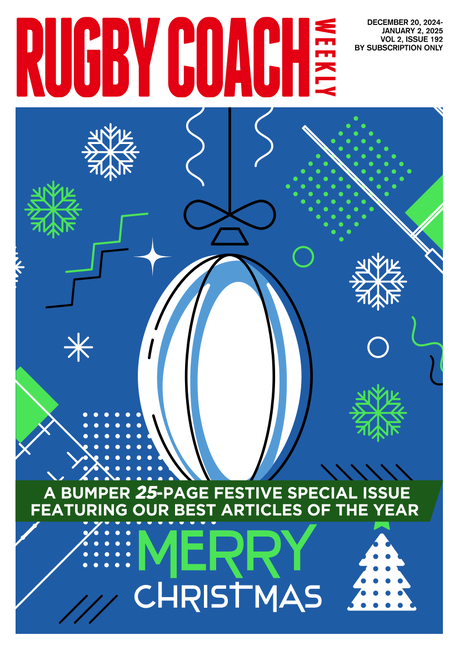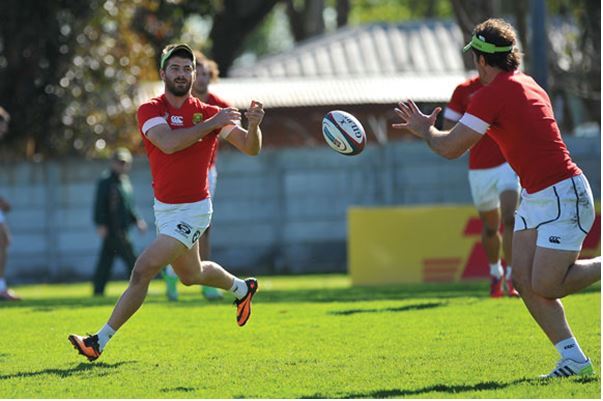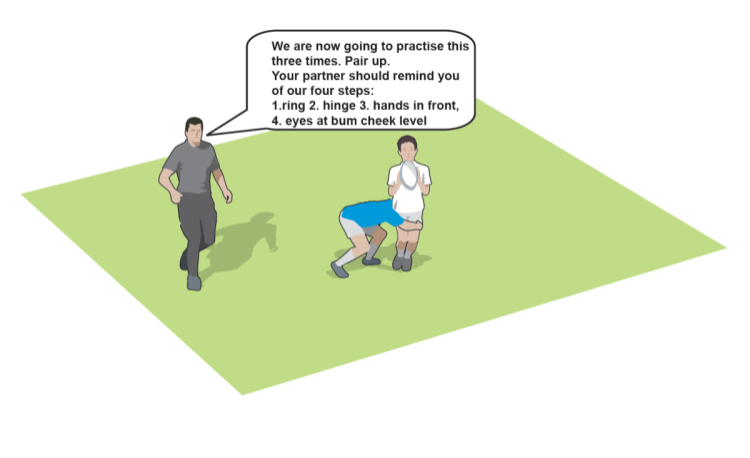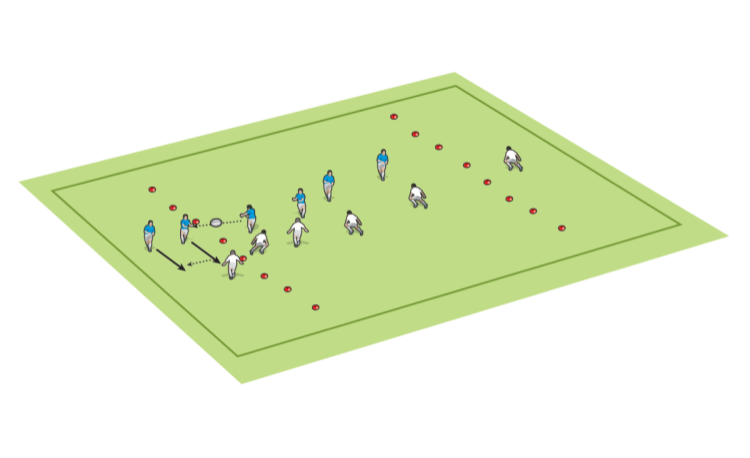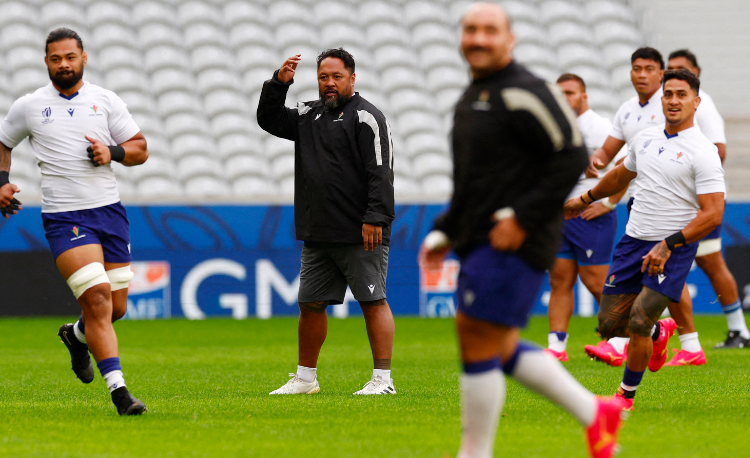Don't be clever – be clear, instead
Clarity in communication is essential for both writing and coaching—Edward T. Thompson’s advice applies to both.
Reader’s Digest is one of the most successful publications of all time.
It is known for its condensed, accessible articles on a wide range of topics, including health, culture, and personal stories.
Its success stems from its easy readability, diverse content and broad appeal – and this approach could equally apply to coaching.
During his time as Reader’s Digest editor-in-chief, between 1976 and 1984, Edward T. Thompson, wrote a piece called ’How to write clearly’ (see the main image).
The outline of this article by Thompson was not to say I am cleverer than you, but that I might be clearer. You’ll see what I mean if you read point 2!
I understand this because I am on a constant journey that continually throws me off clarity.
In my head, I will know what I want to say. I will then try to express myself in ways that fall into three categories: jargon that’s unclear, smart-arse terms that show off rather than inform, or words that meet the audience’s needs.
This is purposely a short editorial. I am going to spend the next few weeks checking my clarity.
When I put together session plans, my questions will be written out in advance. As proof, I will share them in the Rugby Coach Weekly blog.
Enjoy your coaching this week, and think of Edward T. Thompson’s advice – Outline first; Start where readers are; Avoid jargon; Use familiar word combos; and Choose "first-degree" words.
---
QUOTE
"Mental toughness is not beating players down. You build muscle by lifting. I believe we build mental toughness by doing hard things that are in our proximal range."
Matt Rhule, the head coach of the University of Nebraska–Lincoln’s American Football team, explains how mental
toughness is a skill, not a talent.
’Proximal range’ is a range of tasks a learner can perform with guidance, but not independently
Newsletter Sign Up
Coaches Testimonials

Gerald Kearney, Downtown Las Vegas Soccer Club

Paul Butler, Florida, USA

Rick Shields, Springboro, USA

Tony Green, Pierrefonds Titans, Quebec, Canada
Subscribe Today
Be a more effective, more successful rugby coach
In a recent survey 89% of subscribers said Rugby Coach Weekly makes them more confident, 91% said Rugby Coach Weekly makes them a more effective coach and 93% said Rugby Coach Weekly makes them more inspired.
Get Weekly Inspiration
All the latest techniques and approaches
Rugby Coach Weekly offers proven and easy to use rugby drills, coaching sessions, practice plans, small-sided games, warm-ups, training tips and advice.
We've been at the cutting edge of rugby coaching since we launched in 2005, creating resources for the grassroots youth coach, following best practice from around the world and insights from the professional game.
